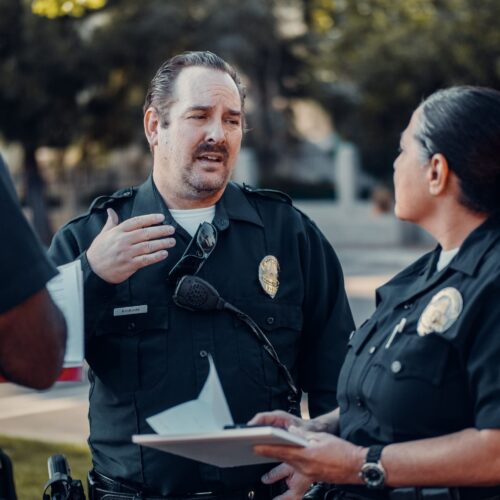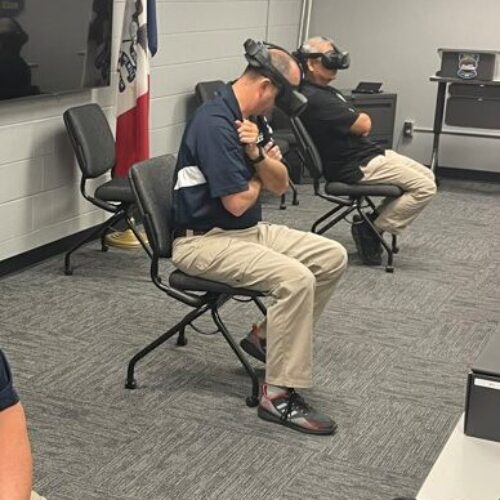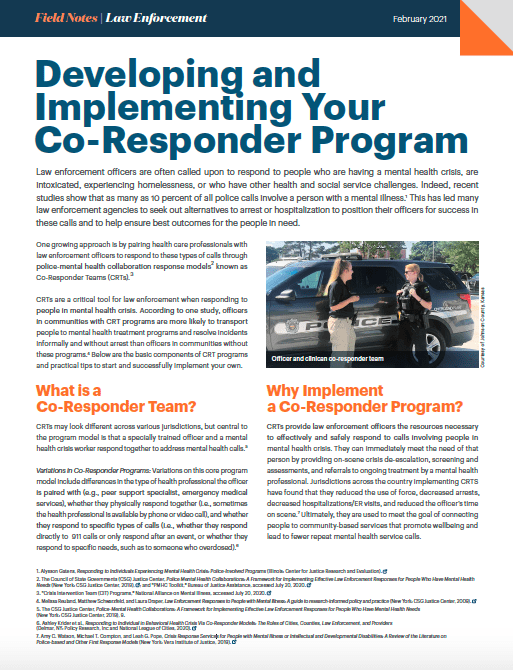Developing and Implementing Your Co-Responder Program
Developing and Implementing Your Co-Responder Program
Many law enforcement agencies are beginning to seek out alternatives to arrest or hospitalization to position their officers for success in mental health calls and to help ensure best outcomes for the people in need. One growing approach is by pairing health care professionals with law enforcement officers to respond to these calls through police-mental health collaboration response models known as Co-Responder Teams. This 2-page brief describes the basic components of co-responder programs and offers 4 practical tips to start and successfully implement your own. Photo courtesy of Johnson County, Kansas
Project Credits
Writing: Laura Fabius, CSG Justice Center
Research: Laura Fabius, CSG Justice Center
Advising: Terry Lynn, Ayesha Delany-Brumsey, CSG Justice Center
Editing: Darby Baham, Emily Morgan, CSG Justice Center
Design: Michael Bierman
ABOUT THE AUTHOR
********This application deadline has passed******** With support from the U.S. Department of Justice’s Office of…
Read MoreUnlike drug courts, which have been informed by national standards for 10 years, mental health courts (MHCs)…
Read More Building a Better Mental Health Court: New Hampshire Judicial Branch Establishes State Guidelines
Read More
Building a Better Mental Health Court: New Hampshire Judicial Branch Establishes State Guidelines
Read More
 Apply Now to Join a Community of Practice on Police-Mental Health Collaboration Staff Wellness
Apply Now to Join a Community of Practice on Police-Mental Health Collaboration Staff Wellness
With support from the U.S. Department of Justice’s Office of Justice Programs’…
Read More Empathetic Policing: Mason City Police Department Launches Virtual Reality Training Program to Help Officers Better Understand Behavioral Health Crises
Read More
Empathetic Policing: Mason City Police Department Launches Virtual Reality Training Program to Help Officers Better Understand Behavioral Health Crises
Read More
 Biden Signs Six-Bill Spending Package Funding Key Criminal Justice Programs
Biden Signs Six-Bill Spending Package Funding Key Criminal Justice Programs
On March 9, 2024, President Joe Biden signed a $460 billion spending…
Read More












